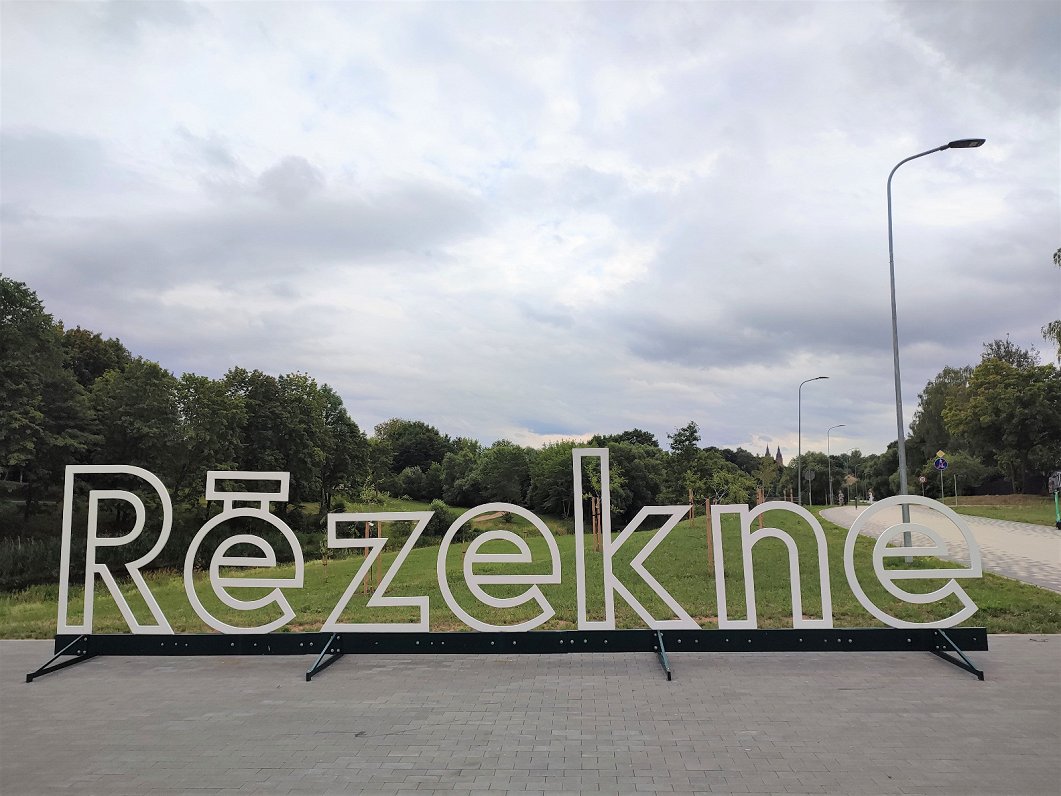In order to economize, the heads of institutions and administrations have prepared proposals for reducing the number of employees on the municipal roster. The opposition of the city council evaluates such a task critically, saying that there are other solutions for reducing expenses.
Currently, Rēzekne municipality is preparing an action plan for improving the financial situation in the long term including further possibilities of receiving loans.
Considering the lack of money in the municipal budget, eight Rēzekne municipal institutions, including the Social Services, received the executive director's order to optimize staff lists in mid-July.
"This is, of course, a painful question for me as the head of the administration, because on the contrary – we had prepared a letter saying that it was necessary to increase the number of employees in the Social Service," comments the head of the Social Services of the Rēzekne municipal administration, Gunārs Arbidāns.
"Every day, every week, every year there are more and more tasks delegated by the state in our field as well – in the social field – so resources are needed and will continue to be needed, and in this matter keeping the existing employees would be a priority."
The head of the social services also assessed that the benefit from the reduction of staff will be minimal as far as the municipal budget is concerned.
In the response prepared by Arbidāns, it is planned to reduce the staff count by 15 places. Some of them are currently vacant, so 10 people would actually be laid off. But no decision has yet been made.
All social assistance services will continue to be provided, but the number of clients may have to be reduced. In addition, already overburdened employees will have additional responsibilities without additional pay.
Savings are still unclear
"Of course, we confirm that the situation with the city budget is difficult. We are currently working intensively on solutions. The municipality in cooperation with the Ministry of Finance," comments Natalja Jupatova, head of the Communication and External Cooperation Department. "By analyzing the budget, all the calculations, we see that the lack of funds in 2023 could be three million euros.
"The increase in expenses is associated with a significant increase in the minimum wage in the country, a rapid rise in prices for heating, electricity, fuel, as well as road maintenance. We might also mention the purchase prices for buying food. The increase in expenses was also determined by the increase in interest rates for all projects, the amount of liabilities is higher now. This year, the budget for the field of education has grown to two million euros without any [extra] coverage from the state," Jupatova explained.
However, she said she did not have access to information on how many employees could be laid off in total and how much money it could save in the budget.
The council meeting, where this issue will be considered, is planned for August 10.
Ināra Groce, an opposition member of the Rēzekne city council, from the "United List" links the problems with the municipality's large credit obligations: "Because taking and anticipating large loans, you have to expect that someday that big burden with all loan interest rates will increase, and therefore it is important evaluate what loans are taken."
Groce was critical of the council management's plan to fire employees. According to her, there are other opportunities to reduce municipal budget expenditures, including the ending of optional Russian language training courses, and reductions in the municipal radio and publishing spends. The deputy also called for finding solutions by freezing a recreation center project and reducing the population groups that can use public transport free of charge.
The Ministry of Finance confirmed that such high credit obligations and delayed payments do not currently exist for other Latvian municipalities. At the beginning of August, the ministry is waiting for an action plan to be approved by the Rēzekne City Council for improving the financial situation in the long term.




























